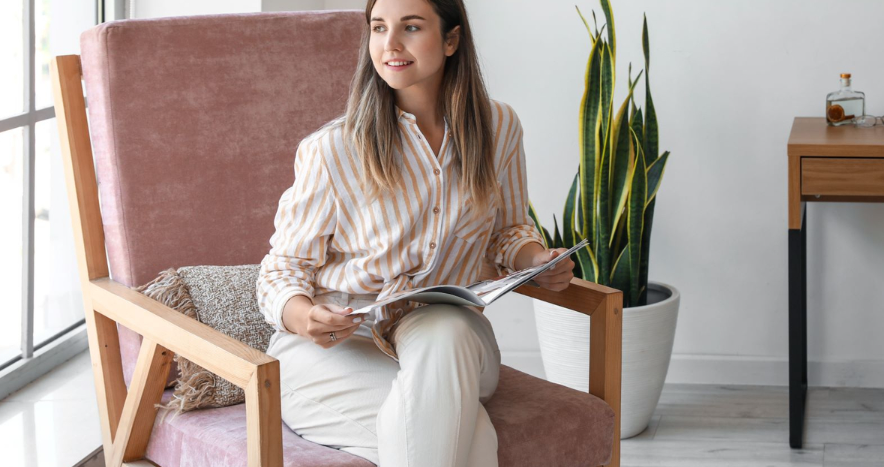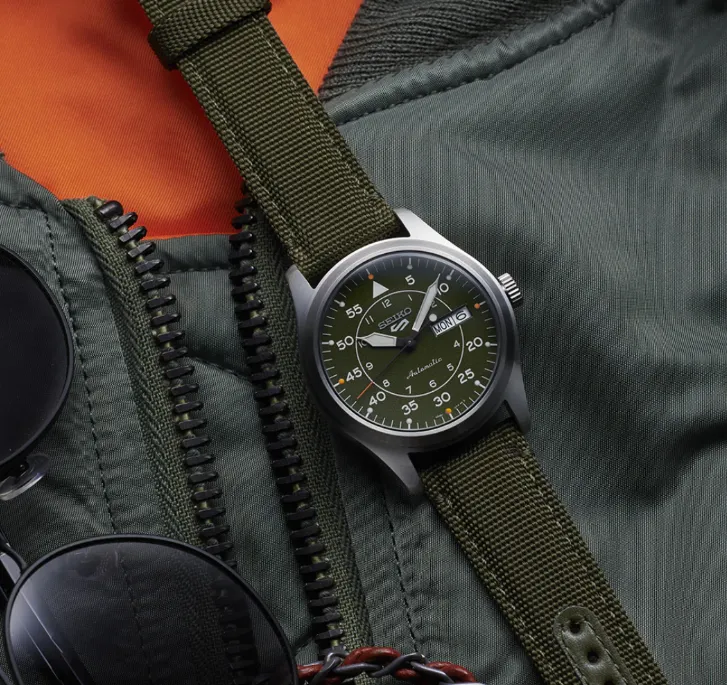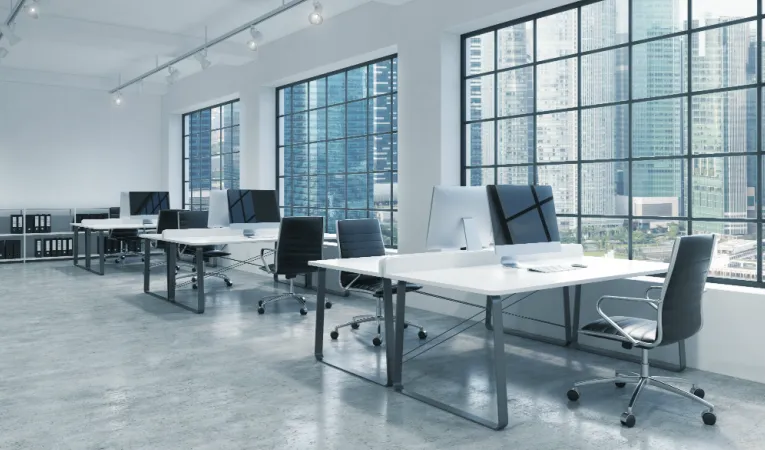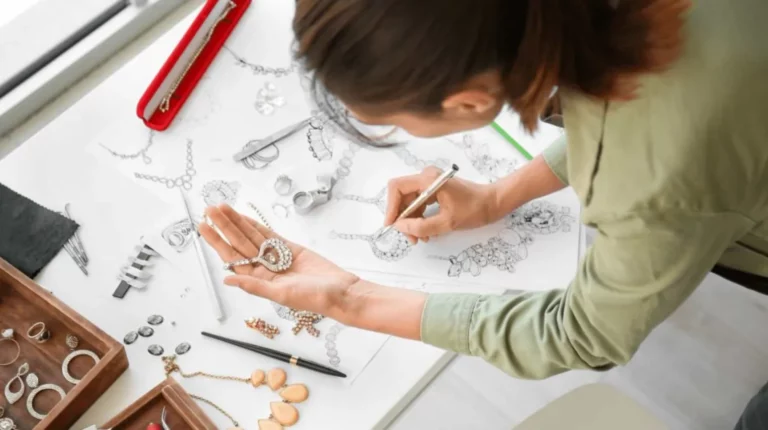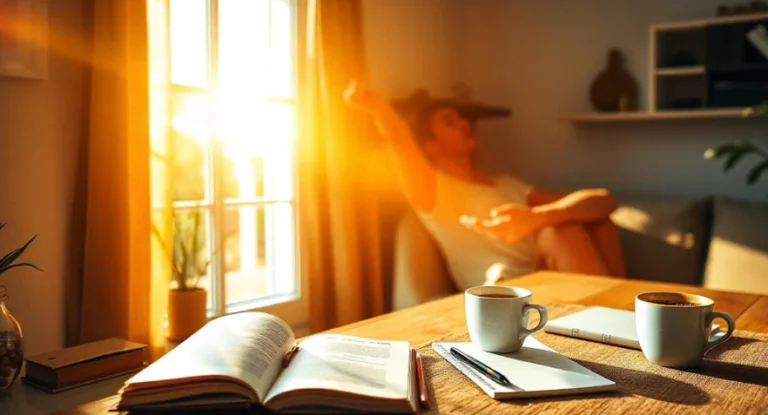Minimalist Living: How Simplifying Your Life Can Boost Happiness and Productivity
In today’s fast-paced world, many people feel overwhelmed by the constant demands of work, social obligations, and the clutter that fills their physical and digital spaces. Minimalist living offers a refreshing alternative by promoting simplicity, intentionality, and the removal of excess. This lifestyle focuses on keeping only what adds value to one’s life, eliminating distractions, and making space for what truly matters. By embracing minimalism, individuals can experience enhanced happiness, improved productivity, and a greater sense of fulfillment.
Understanding Minimalist Living
Minimalist living is more than just decluttering physical spaces—it’s a mindset shift that emphasizes intentional living. It involves reevaluating priorities and focusing on what truly enriches life rather than accumulating material possessions. Minimalism isn’t about deprivation; rather, it’s about making conscious choices to live with less so that life becomes more meaningful.
At its core, minimalism encourages people to ask themselves essential questions:
- Do I need this item, or is it just taking up space?
- Does this activity or habit add value to my life?
- Am I spending my time and energy on what truly matters?
By answering these questions, individuals can begin to simplify their lives, creating an environment that supports their goals and well-being.
The Connection Between Minimalism and Happiness
One of the most significant benefits of minimalism is an increase in happiness. Many people associate happiness with material wealth, believing that acquiring more possessions will bring fulfillment. However, studies suggest that beyond meeting basic needs, accumulating more things does not necessarily lead to greater happiness. In fact, excessive material possessions can create stress and anxiety.
Minimalist living promotes happiness by:
- Reducing Stress and Anxiety
A cluttered environment often leads to a cluttered mind. Too many possessions can create a sense of chaos, making it difficult to focus and feel at peace. By decluttering, people create a more organized and serene living space, which fosters a sense of calm and reduces stress. - Encouraging Mindfulness
Minimalism encourages individuals to be present in the moment rather than constantly chasing the next purchase or upgrade. It helps cultivate gratitude for what one already has, leading to greater contentment and emotional well-being. Engaging in hobbies that promote mindfulness, such as knitting with the best Red Heart yarn, can be a wonderful way to slow down and focus on something enjoyable and creative. - Improving Financial Stability
By adopting a minimalist mindset, people tend to spend less on unnecessary items, leading to improved financial health. With fewer financial burdens, they can redirect their resources toward experiences that bring joy, such as travel, hobbies, or personal development. - Enhancing Relationships
When people prioritize meaningful experiences over material possessions, they often find that their relationships improve. Instead of spending time maintaining and organizing belongings, minimalists invest in deepening connections with family and friends, leading to greater emotional fulfillment.
How Minimalism Boosts Productivity
Minimalism is not just about happiness—it can also have a profound impact on productivity. When individuals remove distractions and focus on what truly matters, they can accomplish more with less effort. Here’s how minimalism enhances productivity:
- Eliminating Decision Fatigue
Every day, people make countless decisions, from choosing what to wear to what to eat. The more choices one has, the more mental energy is depleted. By simplifying wardrobes, meal plans, and daily routines, minimalists free up mental space for more important decisions, allowing them to focus on meaningful work. - Creating an Organized Workspace
A cluttered workspace can lead to decreased efficiency and increased stress. By maintaining a clean and minimalist work environment, individuals can improve focus, reduce distractions, and enhance productivity. A well-organized space fosters creativity and allows for a more streamlined workflow. - Prioritizing Essential Tasks
Minimalism encourages individuals to identify and focus on their most important tasks rather than spreading themselves too thin. By eliminating non-essential activities, minimalists can dedicate their time and energy to work that aligns with their goals and values, leading to greater professional and personal success. - Promoting Better Time Management
A minimalist lifestyle helps individuals take control of their schedules by reducing commitments that do not align with their priorities. By saying no to unnecessary obligations and distractions, minimalists can allocate more time to activities that contribute to personal growth and productivity. - Encouraging Digital Minimalism
In today’s digital age, constant notifications, social media, and email overload can hinder productivity. Digital minimalism involves reducing screen time, curating digital content, and setting boundaries for technology use. By practicing digital minimalism, individuals can regain control over their time and focus on meaningful work.
Practical Steps to Embrace Minimalist Living
Adopting a minimalist lifestyle doesn’t happen overnight, but small changes can lead to significant improvements in happiness and productivity. Here are some practical steps to get started:
- Declutter Your Space
Start by going through your belongings and removing items that no longer serve a purpose. Donate, recycle, or sell things that are not essential. Focus on keeping only what adds value to your life. - Adopt a Minimalist Wardrobe
Simplify your wardrobe by keeping only versatile, high-quality pieces that you love and wear regularly. A capsule wardrobe can reduce decision fatigue and make getting dressed more effortless. - Simplify Your Daily Routine
Establish simple daily habits that contribute to well-being, such as a morning routine, meal planning, and setting time aside for mindfulness or exercise. - Reduce Digital Clutter
Unsubscribe from unnecessary emails, delete unused apps, and limit social media use. Set boundaries for screen time to minimize distractions and improve focus. - Practice Mindful Consumption
Before making a purchase, ask yourself if the item is truly necessary. Avoid impulse buying and prioritize spending on experiences rather than material goods. - Set Clear Priorities
Identify your core values and align your daily activities with them. This will help you focus on what truly matters and eliminate distractions that do not contribute to your goals. - Embrace Gratitude and Contentment
Shift your mindset from wanting more to appreciating what you already have. Practicing gratitude can enhance your sense of fulfillment and happiness.
Final Thoughts
Minimalist living is not about sacrificing comfort or depriving oneself of joy—it is about simplifying life to make room for what truly matters. By reducing clutter, focusing on essential tasks, and prioritizing meaningful experiences, individuals can enhance both happiness and productivity. This lifestyle shift leads to greater peace of mind, better relationships, and improved efficiency. Whether through decluttering physical spaces, simplifying daily routines, or adopting digital minimalism, embracing minimalism allows people to live with more purpose, clarity, and fulfillment.
Minimalism is a journey, not a destination. By taking small steps toward simplifying life, anyone can experience the profound benefits of minimalism, ultimately leading to a happier, more productive, and more intentional life.

